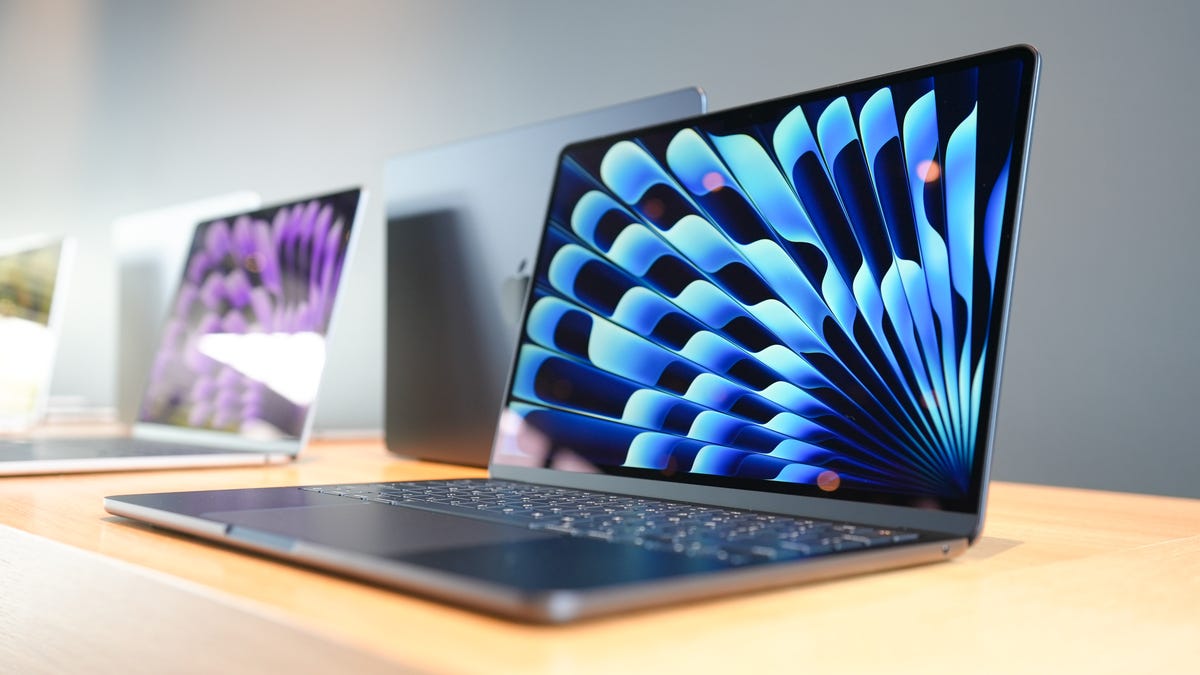BOOK THIS SPACE FOR AD
ARTICLE ADAMD has unveiled its Ryzen 6000 series of laptop processors, which it says are largely designed for premium thin-and-light laptops, including gaming laptops that are slimmer and more portable than what people might expect. According to the company, buyers are heavily leaning towards models that are less than 18mm thick, even in the gaming segment. AMD says that it has achieved a 35 percent market share in gaming laptops over the past few years because its Ryzen 5000 series allowed OEMs to design such models. The new Ryzen 6000 series CPUs are said to focus on power efficiency and maximising performance density, allowing for even more compact and better performing laptops than the previous generation.
Over 200 new laptop models with Ryzen 6000 series CPUs are set to be announced in 2022, with Acer, Asus, Dell, HP, Lenovo, and Microsoft confirmed to be on board, with the first models set to be announced between now and April, and models based on mobile Ryzen 6000 Pro CPUs set to follow. AMD also says buyers can expect to see ultraportable laptops boasting of 24-hour battery life later in 2022.
![]()
All the AMD Ryzen 6000 series 'Zen 3+' mobile CPU models announced so far
The Ryzen 6000 series CPUs announced today are all based on the Zen 3+ architecture and are codenamed ‘Rembrandt'. One of the main highlights of this generation is a long-awaited move to the RDNA2 graphics architecture for a claimed doubling of integrated graphics performance. AMD says you can now expect playable frame rates with nearly any current-day game at 1920x1080, using reasonable settings. Support for FidelityFX Super Resolution upscaling can further improve performance for ultraportable laptops, eliminating the need for a discrete GPU.
Four categories of Ryzen 6000-series chips have been announced so far. “Ultra-enthusiast” models with the HX suffix will have 45W+ TDPs while -H models rated for 45W will be seen in more mainstream gaming laptops and -HS models will be capped at 35W for slim and light gaming laptops. The -U models are rated for a 15-28W TDP range and will be seen in productivity-focused ultraportables that are still capable of some gaming.
Ryzen 6000-series CPUs will power laptops that compete with those running Intel's 12th Gen ‘Alder Lake' CPUs. AMD says its competitor is “struggling” to produce chips suitable for thin-and-light high-performance laptops, pointing out that mobile Alder Lake CPUs feature between two and six performance cores compared to AMD's eight. While its own comparison showed a Ryzen 9 6900HS outperformed by Intel's latest Core i9-12900HK in Cinebench with all threads active, AMD claims 2.62X better sustained performance per Watt, at 35W compared to 110W, and that too in a much more compact laptop.
![]()
AMD says ultraportable laptops without discrete GPUs will be able to run modern games at reasonably high settings
Compared to the Ryzen 5000 series, AMD claims 1.3X CPU and 2X GPU performance improvements for the same 28W TDP level, plus a 3 hour increase in battery life even using the same laptop chassis and battery.
Integrated GPU performance is said to be way up, both for gaming and for content creation. AMD has reintroduced model names for the RDNA2 generation of integrated GPUs – Ryzen 9 and Ryzen 7 ‘Rembrandt' parts will all feature the Radeon 680M iGPUs which has 12 render units. AMD says its performance comes close to that of Nvidia's budget GeForce GTX1650 MaxQ GPU at 1920x1080 in some games, and can beat it with FidelityFX Super Resolution set to the Balanced mode. Ryzen 5 CPUs will all have Radeon 660M integrated graphics, with 6 render units.
Platform-level changes include a long-awaited upgrade to PCIe 4.0 for increased bandwidth to discrete GPUs and SSDs. Ryzen 6000 series mobile CPUs will require DDR5 (up to 6400MT/s) or LPDDR5 (up to 4800MT/s) RAM, and AMD says it does not expect supply to be a constraint for laptop OEMs. Microsoft's Pluton security and encryption technology has been integrated across the range. There's on-die AV1 decode along with DisplayPort 2.1, UHBR10 adaptive sync, HDMI 2.1 (48Gb), Wi-Fi 6e, and Bluetooth LE 5.2.
![]()
Platform-level capabilities include USB4, Microsoft Pluton integration, and fast wireless connectivity
AMD has added support for 40Gbps USB4 with charging, video output, and PCIe tunnelling, which should be functionally similar to Thunderbolt. External GPUs will be supported. All Ryzen 6000-based laptops will have to support 40Gbps USB4, not use the slower 20Gbps version. While certification might take time, some laptops might ship with the hardware and enabled this functionality later through an update.
Improved power efficiency comes from multiple changes, most importantly a switch to TSMC's N6 6nm manufacturing process. AMD says it has aggressively optimised power leakage, and new power gating techniques as well as firmware and platform-level updates all result in significant overall reductions in battery consumption. Users can allow their laptops to dynamically manage the OS's power state instead of choosing between “performance” and “battery life” on a slider.
Support for <1W display panels and self-refresh will allow for reduced GPU workloads when only a small part of the screen has to be updated, that too at a low refresh rate, for example when a video is playing in a window. Moreover, the CPU can move between power states more rapidly, in intervals as short as tens of milliseconds.
.png)
 2 years ago
104
2 years ago
104 














 Bengali (Bangladesh) ·
Bengali (Bangladesh) ·  English (United States) ·
English (United States) ·